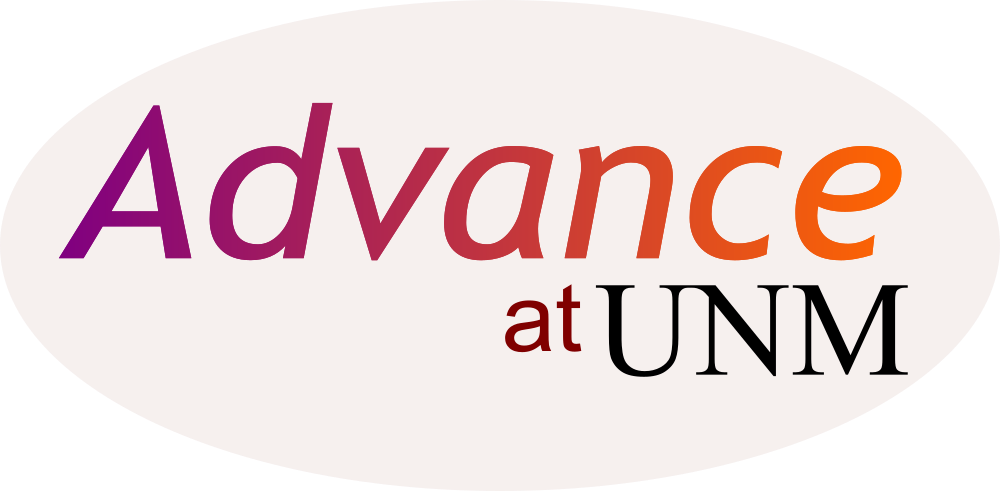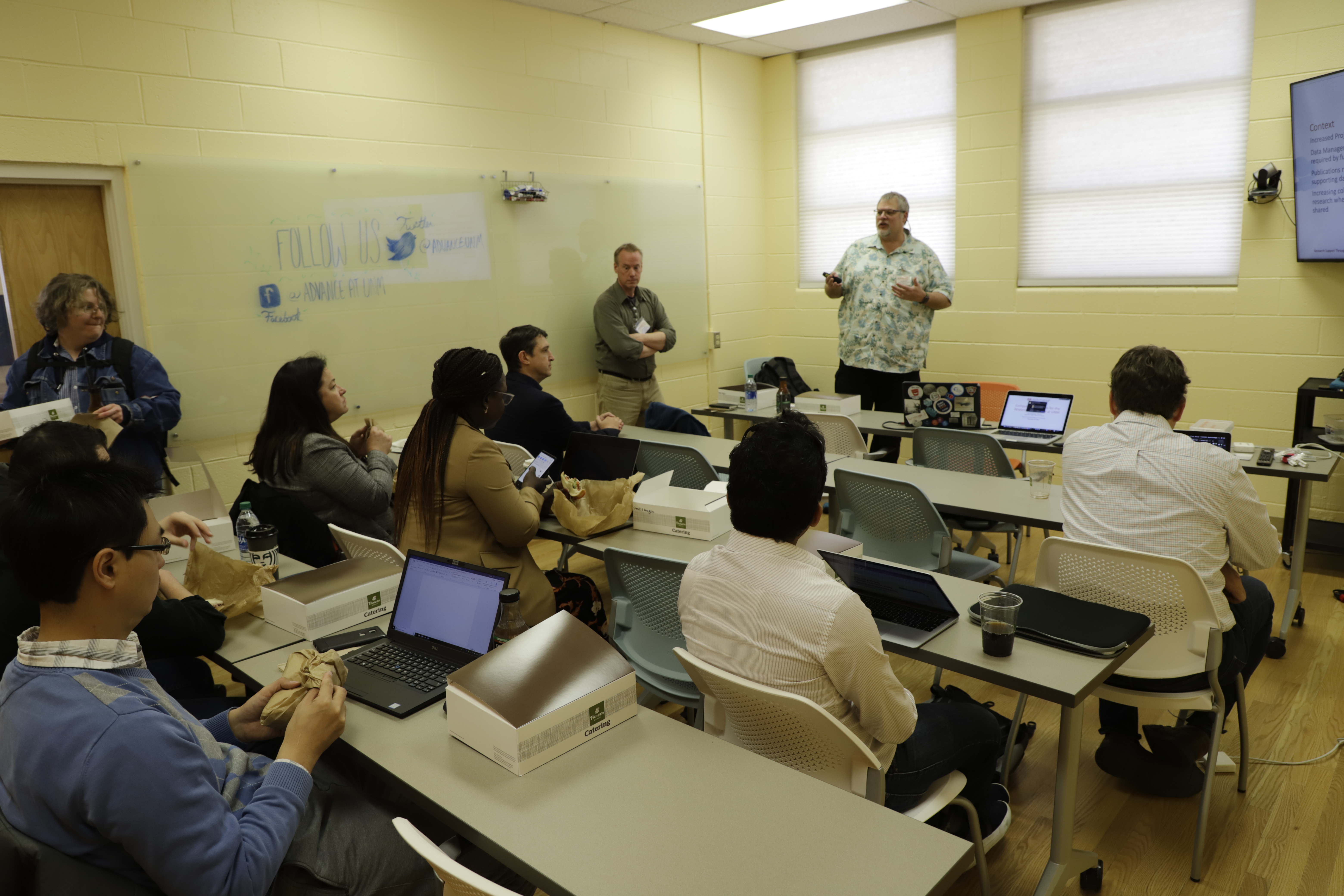UNM RDS and CARC highlight faculty resources for data management
Faculty from the University of New Mexico Library’s Research Data Services (RDS) and the Center for Advanced Research Computing provided UNM researchers with tips on using computing and data management in research projects.
Presenters gave information on resources and support that the two groups offer.
Director of RDS and IT Karl Benedict kicked off the presentation by explaining why researchers should take data management into account.
Benedict said research data support can have many benefits such as increased project efficiency, increased collaboration, the creation of data management plans and can aid in public access to research.
Benedict then transitioned over to Jon Wheeler, RDS data curation specialist to further explain the importance of open research and data.
“Making your research projects open — whether its an open access article or an open dataset — it can feel like an unfunded mandate,” Wheeler said. “How do we go about meeting these requirements in a way that really facilitates our research instead of hinders our research?”
Wheeler stressed the importance of making research and data open and the increasing expectations to do so.
Because public data and open research has been getting more momentum since 2003, it can now be used as a broader impact on many research proposals, Wheeler said.
Benefits to making data open include an increased number of citations, increased interdisciplinary action and democratizing information Wheeler said.
“A lot of this is altruistic, but it actually does come down to real numbers,” Wheeler said.
One service RDS provides is to assist faculty members in finding the best digital repositories for their research. Digital repositories are designed to promote long-term public access to research and takes the responsibility of open distribution off of the researcher.
RDS also assists researchers with data management and long-term data goals throughout the course of their research— from project development and initiation to project closeout.
“When you get to the end of a research project, you’re often really ready to move on. The last thing you want to be doing is having to do a lot of heavy lifting in terms of reformating, documenting, transitioning…” Benedict said. “As a part of the closeout (with RDS) , finalizing that inventory of products…so that you can make sure they are in the appropriate preservation and public access systems.”
Representatives from CARC spoke about the resources their organization provides.
“Using these resources well is key to modern research,” CARC Director Patrick Bridges said about how large-scale computing is influencing research.
While also providing a platform for researchers to compute data that becomes too large for personal computers to handle, CARC also provides staff support including several workshops and tailored consulting.
Like the growing expectation for open data, there is also growing expectation for larger scale data research. CARC can provide the necessary hardware, software and other equipment needed to fulfill this expectation.
“This is no longer a luxury, but is expected,” said Matthew Fricke, CARC applications specialist.
At the conclusion of the presentation, attendees asked about their current research projects and how RDS and CARC could assist them with data management and computation.

